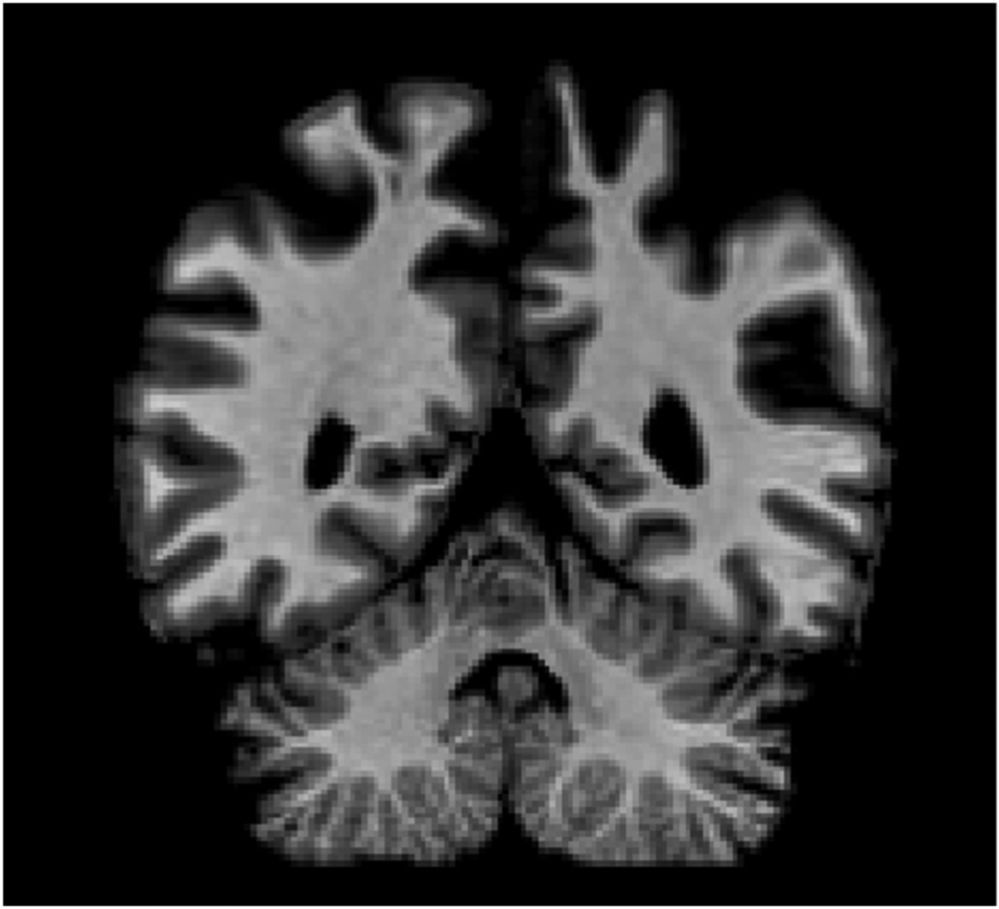How does the neural activity evoked by visual stimuli support visual awareness? In this paper we report on an individual with a rare type of neural degeneration as a window into the neural responses underlying visual awareness. When presented with stimuli containing faces and target words—regardless of whether the patient was aware of their presence—the neurophysiological responses were indistinguishable. These data support the possibility that extensive visual processing, up to and including activation of identity, can occur without resulting in visual awareness of the stimuli.
Visual awareness is thought to result from integration of low- and high-level processing; instances of integration failure provide a crucial window into the cognitive and neural bases of awareness. We present neurophysiological evidence of complex cognitive processing in the absence of awareness, raising questions about the conditions necessary for visual awareness. We describe an individual with a neurodegenerative disease who exhibits impaired visual awareness for the digits 2 to 9, and stimuli presented in close proximity to these digits, due to perceptual distortion. We identified robust event-related potential responses indicating 1) face detection with the component and 2) task-dependent target-word detection with the P3b component, despite no awareness of the presence of faces or target words.
